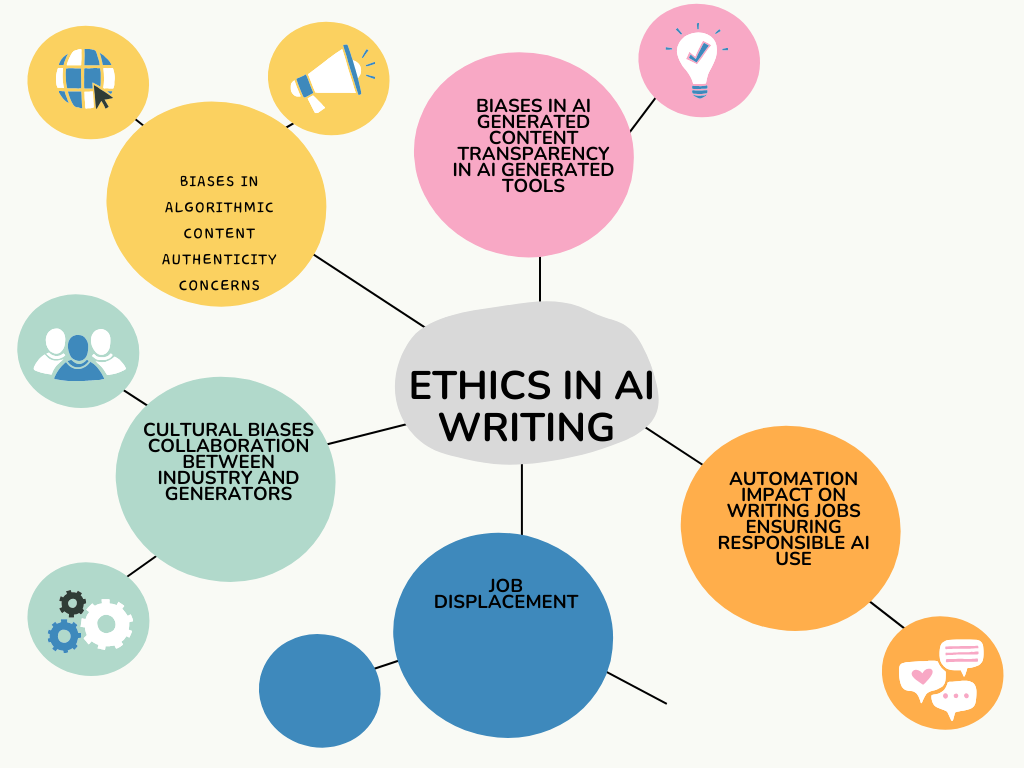Decoding AI in Writing
Artificial Intelligence (AI) has become an integral part of our daily lives, revolutionizing various industries. In the realm of writing, AI is not just a futuristic concept but a powerful tool reshaping the landscape of content creation. Let's unravel the intricacies of AI in writing, exploring its capabilities, applications, and the transformative impact it has on the way we produce and consume written content.
It's crucial to grasp the fundamental principles of AI in writing. AI, in this context, refers to computer systems designed to perform tasks that typically require human intelligence. In writing, AI algorithms analyze vast datasets, learn patterns, and generate content with varying degrees of autonomy.
Applications of AI in Writing:
- Content Generation: AI is capable of producing coherent and contextually relevant written content. This ranges from automated news articles and product descriptions to creative writing tasks, demonstrating the adaptability of AI across different genres and styles.
- Editing and Proofreading: AI-powered tools excel at grammar checking, syntax analysis, and style suggestions. These applications enhance the editing process, providing writers with valuable insights to refine their work.
- Content Curation: AI algorithms analyze user preferences and behaviors to curate personalized content recommendations. This has implications for writers as they navigate the challenge of creating content tailored to specific audiences.
- Language Translation: AI facilitates seamless language translation, breaking down barriers and enabling global collaboration among writers from diverse linguistic backgrounds.
The Evolution of AI Writing Assistants: One notable advancement is the development of AI writing assistants. These tools, like Grammarly and OpenAI's GPT-3, offer real-time suggestions, aiding writers in improving clarity, coherence, and overall writing quality. The collaborative potential of AI writing assistants is transforming the writing process, turning them into indispensable companions for authors.
Challenges and Ethical Considerations: While AI brings remarkable benefits to the writing landscape, challenges and ethical considerations must be acknowledged. Issues such as biases in AI-generated content, potential job displacement, and concerns over the authenticity of machine-generated writing demand careful scrutiny.
Empowering Creativity: Contrary to concerns about AI replacing human creativity, the technology serves as a catalyst for innovation. By automating mundane tasks like grammar checking and providing inspiration through data analysis, AI frees up valuable time for writers to focus on the essence of their craft—creative storytelling.
The Future of AI in Writing: The trajectory of AI in writing is dynamic, with ongoing research and development pushing the boundaries of what is possible. As AI systems become more sophisticated, writers can anticipate even more advanced writing assistants, collaborative tools, and personalized content experiences.
Understanding AI in writing is not just about embracing a technological shift; it's about recognizing the immense potential for synergy between human creativity and artificial intelligence. As writers navigate this evolving landscape, the key lies in harnessing the capabilities of AI to enhance, rather than replace, the craft of storytelling. By embracing the possibilities and understanding the ethical considerations, writers can leverage AI as a powerful ally in the ever-expanding universe of written expression.
When you subscribe to the blog, we will send you an e-mail when there are new updates on the site so you wouldn't miss them.


Comments